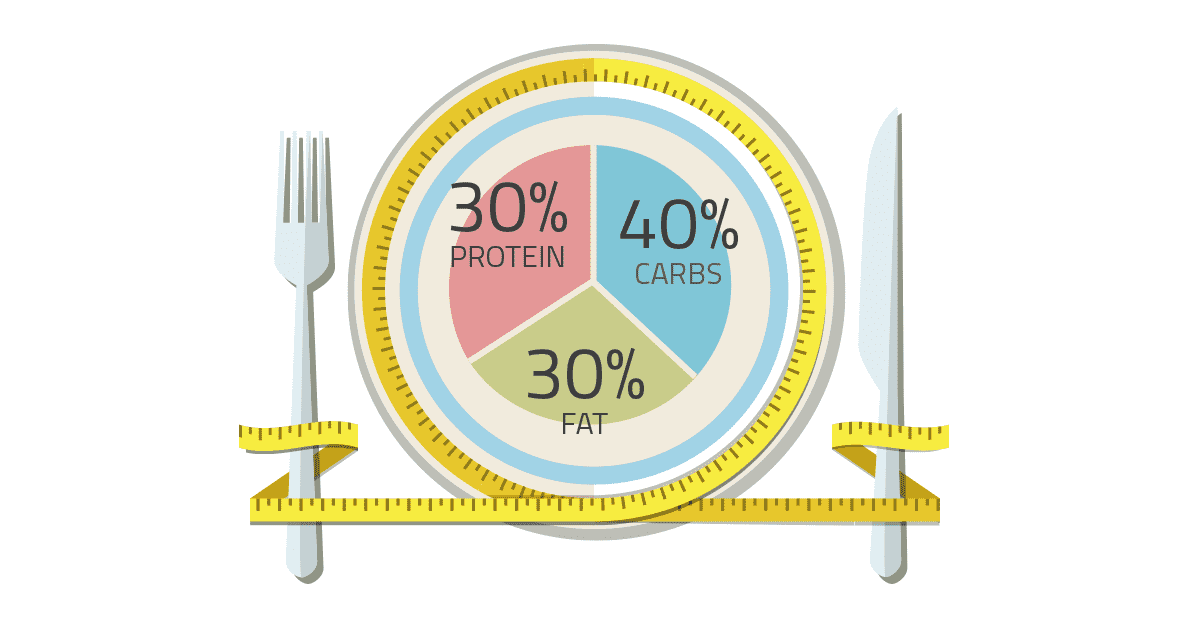In today’s world of social media “fitspo” blogs and fad diets are at our fingertips more than ever. The “recommended page” on Instagram, for example, is full of fitness bloggers telling you exactly what to eat and what work outs to do for the best results. And while their advice is often based on some truth, it is also can be blown out of proportion or can be easily misconstrued. It is important to remember that diet is based on individual needs and that what works for one person may not work for you- therefore, the best way to choose new meal plans is through education. First off, why are proteins so important?

Figure 1: 9 essential amino acids we must ingest.
Proteins have four layers of structures that all play a role in how they work and how they interact. The primary structure, is simply the sequence of amino acids (AAs) in a polypeptide chain. There are essential AAs that we must ingest, non-essential AAs that our body can produce, and conditional AAs that are pertinent in times of stress and illness. Protein is extremely beneficial and unarguably critical to our diets, we excrete excess amino acids, so over eating protein poses to additional benefit.
So knowing this, how do you decide how much protein you should eat? Maybe to some surprise, science have shown that athletes actually require the same general range of protein intake when compared to sedentary persons of the same sex. According to the U.S. and Canadian Daily Reference Intakes, 0.8 g·kg−1 of protein is enough to meet the needs of 98% of healthy adults. “There is not a strong body of evidence documenting that additional dietary protein is needed by healthy adults who undertake endurance or resistance exercise, the current DRI for protein and amino acids does not specifically recognize the unique needs of routinely active individuals and competitive athletes.” They also suggest that for adults 18 years and older, 10%-35% of total caloric intake should be comprised of protein. This supports the accepted ideal that the recommended intake levels can be met through regular diet and without supplementation.
What does this mean for those trying to lose or gain weight? Whilst, in both of these cases, it may be easy to fall victim to one of the fad diets, you should take the time to understand them and to find the truth behind them. CrossFit is currently one of the most popular fitness plans and many of their athletes use meal templates to guide them in fueling their bodies. The Paleo Diet and Zone Diet are two of the most common choices for these athletes, or a combination of the two. Paleo (sometimes called the caveman diet) is bases on eliminating processed food and eating a high fat, moderate protein and low carb diet. The Zone Diet is based on “blocks” where you eat a specific number of daily servings of proteins, carbohydrates, and fats. The “blocks” are structured throughout the day rather than in the normal 3 meals a day. The diets claim to increase metabolism and when tailored to specific goals, can result in significant weight loss and muscle development.

Figure 2: The 40/30/30 breakdown of the Zone Diet.
Samuel N. Cheuvront found that the Zone Diet does not result in the promised outcomes. He found that any significant contribution of active muscle oxidation was not even found in skeletal muscle. In another investigation by Tipton, et al, they looked at the differences between ingesting protein (such as whey protein supplements) before weight training versus after. Their results allowed them to conclude that the timing of supplementation does not matter but that having protein in your system consistently does have positive impacts.
Based on the review of the current literature, the biggest conclusion that can be made is that protein does play a large role in diet and in over all health. What cannot be confirmed is the benefits of protein supplements or high protein diets. According to daily recommended intakes, it is much more important to have a balanced diet, and the main benefit of a high protein diet may actually be limiting sugar and carb intake.
Further Reading
Nutrition and Athletic Performance
A Review of Protein Recommendations for Athletes
Questions to Consider
- How cognizant are you of your protein intake? Do you stagger it throughout the day?
- Have you tried any high or low protein diets? Did you notice any difference in your workouts?
- What, if any, do these conclusions have on vegetarians?
